In a ruling handed down Monday, an Obama-appointed District Court judge in California gave a hearty smack-down to the California Department of Justice in a First Amendment case pertaining to firearms-related speech.
The case, Tracy Rifle et al v. Harris, arose after Kamala Harris’ Department of Justice cited Tracy Rifle & Pistol and multiple other California gun dealers for illegally displaying advertisements for handguns at their place of business in violation of California Penal Code Section 28620, which states:
“No handgun or imitation handgun, or placard advertising the sale or other transfer thereof, shall be displayed in any part of the premises where it can readily be seen from the outside.”
There is no similar limitation on any other type of firearm advertising, so, as Judge Troy Nunley noted in the ruling, “Plaintiffs could display a large neon sign reading ‘GUNS GUNS GUNS’ or a 15-foot depiction of a modern sporting rifle, and this would be permissible.” And, the stores could advertise handguns for sale in other ways, such as on a billboard blocks away, or in print or online advertisements.
Instead of spending their time, oh, I don’t know, making sure dangerous people aren’t on the streets, Kamala Harris’ DOJ sent out inspectors to intimidate cite gun stores for violation of this statute. Five stores – Tracy Rifle and Pistol, Ten Percent Firearms, Sacramento Black Rifle, PRK Arms, and Imbert & Smithers – and individual plaintiffs filed a federal civil rights case against the California DOJ in 2015. On Monday Judge Troy Nunley, an Obama appointee, ruled in favor of the Plaintiffs on cross motions for summary judgment, finding that Plaintiffs’ First Amendment rights were unlawfully infringed and enjoining the state from enforcing California Penal Code Section 28620.
In the process, Judge Nunley eviscerated the arguments of Harris’ minions and of the state’s expert witnesses. If you’re into constitutional law, you should pour yourself a beverage of your choice and enjoy.
If a law restricts a constitutionally-protected right, Nunley explained in the ruling, such as commercial speech, there is a four-part test to determine the law’s constitutionality. First, the “speech must concern lawful activity and not be misleading,” so this prong is satisfied.
Then, the government has the burden of proving “that it has a substantial interest, that the restriction directly advances that interest, and that the restriction is not more extensive than necessary to serve the interest.” In this case, Defendants were laughably unable to shoulder that burden.
The California DOJ argued that their substantial interests were in reducing handgun suicide and reducing handgun crime. Plaintiffs didn’t dispute those interests. Then, the DOJ had to prove that this restriction on speech – the prohibition of only handgun advertising – “directly and materially advances the asserted government interests.”
Absurdly, the DOJ argued that this restriction directly and materially advanced the government interest by inhibiting suicidal people who also have impulsive personality traits from purchasing a gun. Under their theory, someone who’s in a suicidal frame of mind but not quite ready to do something about it might suddenly decide to go into a gun store and purchase a handgun if they can see a handgun from outside of the store or if they can see written or photographic handgun advertising outside the store. In addition, the CA DOJ’s theory would require one believe that similar advertising about rifles or shotguns would not lead to such an impulse buy.
I mean, we know Hollywood repeatedly asks people to suspend disbelief, but this is going a little too far.
But there’s another fly in Kamala’s ointment. Even if such a buyer gave in to their impulsivity, there’s a 10-day waiting period before one can take possession of a newly-purchased handgun in California. By that time, under the DOJ’s theory, the impulse would be gone.
But wait! The government argued against itself, and presented expert reports from psychologists stating that “people with impulsive personality traits are [also] at a higher risk for committing suicide” and that suicide is the leading cause of death for purchasers in the year after purchasing a handgun, but that on average people who committed suicide with a handgun had their weapon for 11 years (long after the 10-day “cooling off” period) before committing suicide.
Through these expert witnesses, the DOJ essentially argues that this truthful commercial speech must be restricted in order to protect impulsive people from themselves. Upon what scholarly studies do these esteemed intellectual giants rely?
“The little evidence Professor Gundlach relies on to tie impulsive purchases to handguns includes a remark by a firearm manufacturer’s executive during an earnings call, a passing mention in an industry publication, and two commenters on firearms blogs.”
The professors also provided no evidence showing that impulse buys of handguns were different than any other types of impulse purchases. Classic impulse buys are small-dollar extras near a checkout at the grocery store, not deadly weapons that cost hundreds of dollars.
Still, even if all of that flimsy evidence were to be believed, all it does is argue against any need for California’s 10-day waiting period, as Judge Nunley also found.
After listing reams of precedent to support his ruling, Nunley wrote:
“Precisely because bans against truthful, nonmisleading commercial speech rarely seek to protect consumers from either deception or overreaching, they usually rest solely on the offensive assumption that the public will respond ‘irrationally’ to the truth.” For this reason, “[t]he First Amendment directs us to be especially skeptical of regulations that seek to keep people in the dark for what the government perceives to be their own good.” The Government “may not seek to remove a popular but disfavored product from the marketplace by prohibiting truthful, non-misleading advertisements that contain impressive endorsements or catchy jingles.” That the Government “finds expression too persuasive does not permit it to quiet the speech or to burden its messengers.”
Yet, this is exactly what the Government seeks to do. The Government aims to stop a group of law-abiding adults with the shared personality trait of “impulsiveness” from making what it sees the bad decision of purchasing a handgun. The Government believes if it can inhibit such persons from making the initial decision to purchase a handgun, it will save them from harming themselves or others with the handgun at some later date, likely years from the initial purchase. However, the Government may not restrict speech that persuades adults, who are neither criminals nor suffer from mental illness, from purchasing a legal and constitutionally- protected product, merely because it distrusts their personality trait and the decisions that personality trait may lead them to make later down the road.
Nunley also noted that the Supreme Court has “rejected this highly paternalistic approach to limiting speech,” and that it has “reiterated that the Government cannot justify content-burdens on speech based on the “fear that people would make bad decisions if given truthful information.” In today’s anti- “code is free speech” atmosphere that is a radical, but welcome, notion.
It’s rare enough for there to be a pro-gun ruling at any court in California, state or federal, but there are a few other key points in this ruling. As Brandon Combs, Executive Director of The Calguns Foundation, one of two civil rights organizations supporting the case, commented:
“Today, a Barack Obama-appointed federal judge issued a strong, pro-free speech decision on the merits in a firearm-related federal lawsuit. That’s something that many Republican appointed judges haven’t done. And the fact Judge Nunley correctly used the term ‘modern sporting rifle’ to refer to semi-automatic firearms protected under the Second Amendment is both welcome and significant.”
These words near the end of Nunley’s opinion gave me comfort and hope that there are judges – even judges appointed by Obama – who will fairly and reasonably apply the law.
“The Government has an array of policies at its disposal to combat handgun suicide and crime. “But the enshrinement of constitutional rights necessarily takes certain policy choices off the table.” California may not accomplish its goals by violating the First Amendment….”
Indeed, as Combs said, “Now-U.S. Senator Kamala Harris lead the charge against First Amendment free speech while she was the attorney general of California. Attorney General Becerra picked up where she left off. Today, he lost and the First Amendment won. In case after case, we see authoritarians like Senator Harris and General Becerra losing their fight to censor and chill protected speech. That’s a good and necessary result for our Republic.”
Plaintiffs expect the current Attorney General, Xavier Becerra, to further waste taxpayer money and appeal the case to the Ninth Circuit. But, should the case go to the Supreme Court, it could set some great precedent for any 3D-printed gun file cases that may arise in the future. So, maybe it’s a good thing if they do appeal.
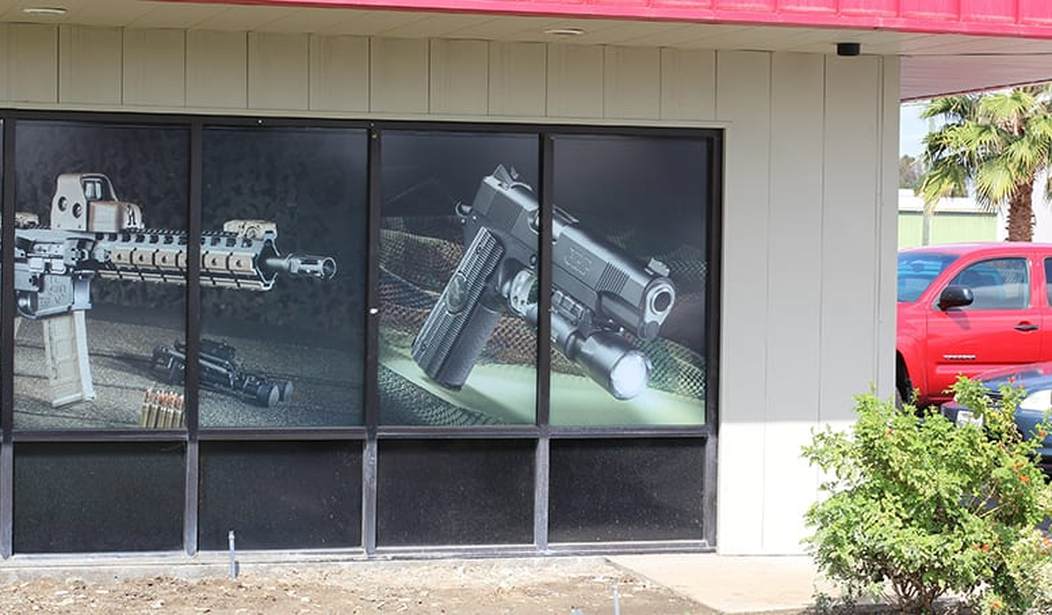





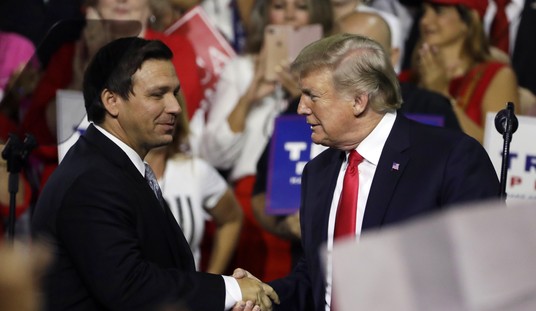


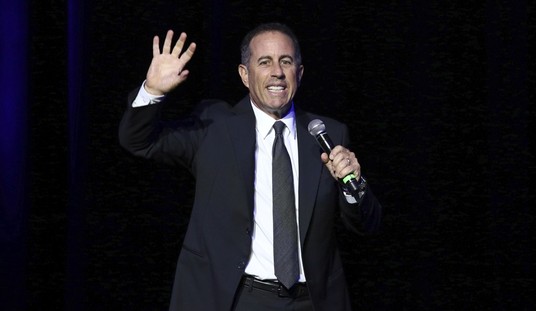
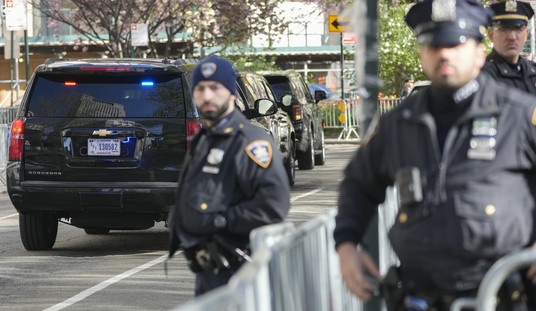

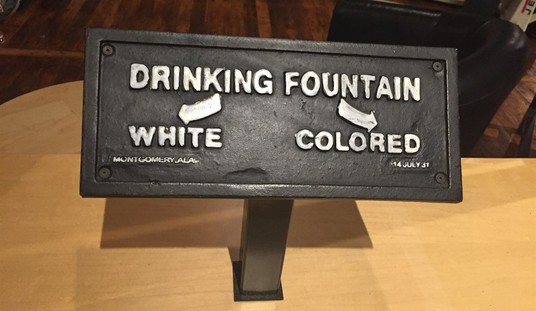

Join the conversation as a VIP Member